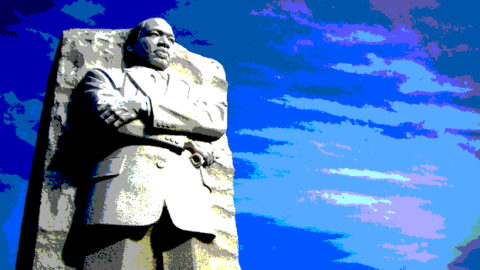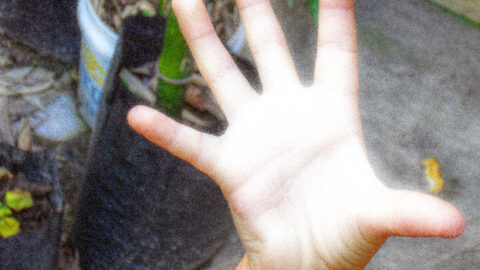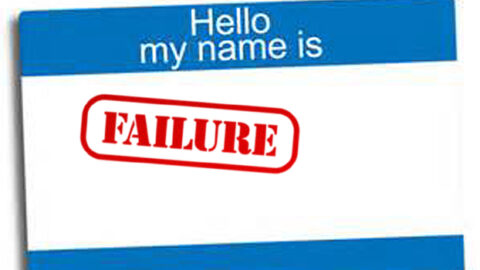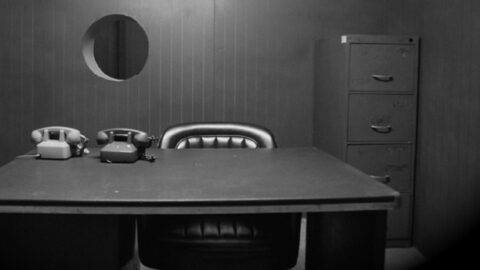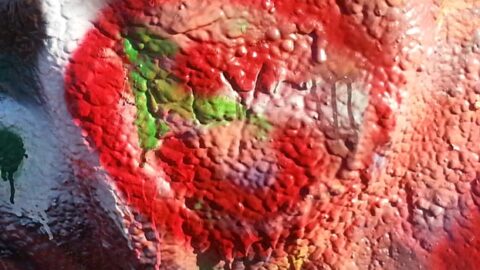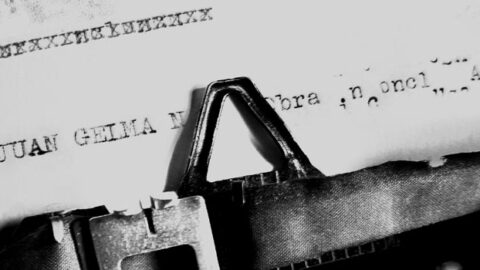What Doesn’t Kill You Makes Someone Else Stronger
NaNo FAIL; Or, How Cello Lessons Had No Impact on My Ability to Write a Novel
Last November, I posted about how taking cello lessons inspired me to participate for the first time in NaNoWriMo, or National Novel Writing Month. Since then, a lot of people have asked me how the experiment panned out. I’ve been waiting—partly from shame, and partly for the enhanced perspective that is the reward of time—to admit that I failed to produce a complete novel in a single month.
The last few days of November were excruciating. I woke up on November 30th with my inner voice screaming, “You failed! You are a failure! A fail-y, fail-y FAILURE!” Like I’ve said before, my inner voice is a jerk.
The Memoir Writer Under Interrogation
I like watching true-life whodunnits. I’m particularly fond of NBC’s Dateline. It’s my secret lowbrow television pleasure (along with Say Yes to the Dress, but that’s for another post). In general I like hearing other people’s stories. But with true-life crime you spend an hour learning about a bizarre, hideous murder of an often unusually endearing person in some part of the country very far from where you live. I guess the secret dirty pleasure part comes in because watching true-life murder mysteries are a sort of cathartic experience: my life isn’t as bad as that person’s. At least someone didn’t kill me. Nor have I been accused of murder.
The part of the show that most piques my interest happens when police investigators haul the suspect into the interrogation room. The scenes are high anxiety as investigators try to buddy up with the suspect and get definitive proof while the suspect tries to evade the truth and not give herself away. Secret camera video footage often captures a person out-of-sorts, divided between herself and what she’s done. I can relate.
Pilgrimage to Cadillac Ranch
Last summer, my family and I went on a road trip which included a stop at Cadillac Ranch. For those who are unfamiliar with it, this enormous installation is composed of old Cadillacs planted end-up in an empty field. The history of the work has to do with the evolution of the cars’ tail fins. For a car guy, this is interesting enough. Yet, even if you aren’t aware of — or don’t care about — tail fin evolution, you can enjoy interacting with the work by spray-painting the cars. In fact, this is sort of the point. You don’t even have to bring your own paint. Partially-used cans are scattered all around. In our case, another family offered us their cans when they decided to leave.
How Cello Lessons Convinced Me to Do NaNoWriMo
There is something liberating about doing a thing you enjoy, even if you know you aren’t doing it well. It feels like skinny-dipping in the town fountain, or giving someone the finger: there’s a defiance, a recklessness to it. If you are a perfectionist, that is.
If you too are a perfectionist, you understand that it goes beyond high personal standards; perfectionism can be crippling. There are loads of things I’ve shied away from because nothing mortifies a perfectionist like a learning curve. We want to be excellent at everything, right from the get-go.
To wit: This was supposed to be The Year I Wrote a Novel. I’d made this promise to myself before; my hard drive is chock-full of false starts. Invariably, somewhere along the way I’d realize what a mess I was making. I knew the middle part, maybe, but not the beginning or the end. “You’re wasting your time,” a little voice inside my head would say. “Stick to short stories! You’ll waste decades of your life writing a stupid novel no one will publish. You’ll be the most embarrassing kind of person in the world: a novelist manqué!”
My inner voice is a jerk.
The Writer’s Enemy
Social media is to the working writer as is a ball to the puppy in obedience training. Set it in front of her and curiosity often wins, unless the reward for ignoring it far outweighs the rewards of chasing it. In the writer’s case, when that little red Facebook notification pings, it is nearly impossible to avoid diddling away an hour by scrolling and posting and liking and commenting. Or, I’ve found that to be true for me at least.
In my own behavior regarding social media, I’ve noticed a near constant need while at the keyboard to check for notifications, scroll, and generate pithy status updates. I’ve noticed it in others, too. Writer after writer—my friends—comment about the distractions that prevent them from making progress on their writing projects. As it turns out, the rewards—hearing the sound of the ping and seeing the little red number in the top right of my Facebook page—are precisely what make social media so insidious. Thanks to our biology, the pleasures of publishing can hardly compete.
Who Decides the Humanities’ Future?
I’ve just stumbled across yet another depressing article about the bleak future of the English Major. They usually go something like this: People are reading less, it’s terrible, woe to we who write! I read these types of articles because they are posted in literary magazines, by and for people concerned with the decline of reading and literature. But I believe articles of this ilk may be missing the point.
However well-intended and meticulously researched, the journalistic approach of this type of article lacks the essence of the discipline they are discussing. Literature and the arts are not about facts and figures, they are about what it means to be human, hence the label: the Humanities. Literature seeks to expose the truths of human existence, the shared experience, the feeling of being alive. So, in my first post for Newfound, I find myself looking for my place in all this cognitive shifting sand.
A Writer’s Confession
I don’t believe in writer’s block. If I can’t write, I go out and live. Then, if I’m a writer, I’ll find something to write.” –Peter Arpesella
Confession: as someone who writes memoir, I often get sick of myself. For several years I’ve been working on the same project—growing up in poverty with a closeted homosexual single mother—first as a graduate student in an MFA program and now as a writing professor at a small liberal arts college, where tenure in part depends on publication. I’m on the third and, hopefully, final draft.
This summer, I spent my break rearranging, rewriting, and recreating. By the end I was saturated once again with the sticky, cloying oil of my past. It coated everything. Every time I licked my lips, I tasted it. Every time I sat with my laptop to write, I smelled it, scorched and dark. My skin was thick with it, my vision blurred; sounds were distorted. Immersed in that world for months at a time, my sense of who I am now—writer, wife, teacher—begins to waver as though my adult self were only a mirage shimmering in the foreground of my past. That’s when the words get stopped up and I don’t want to write. Often, I take a vacation from myself, from writing.

